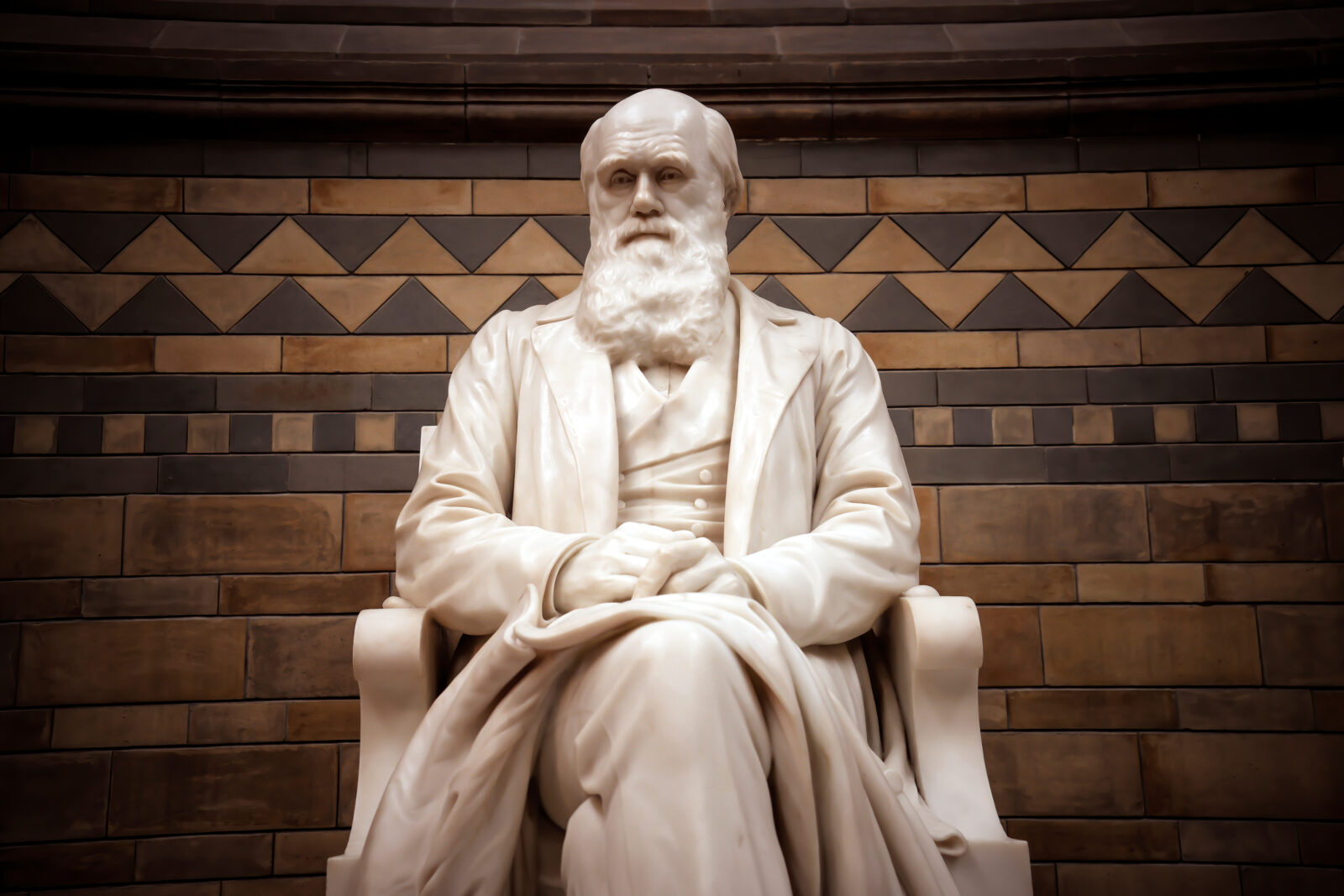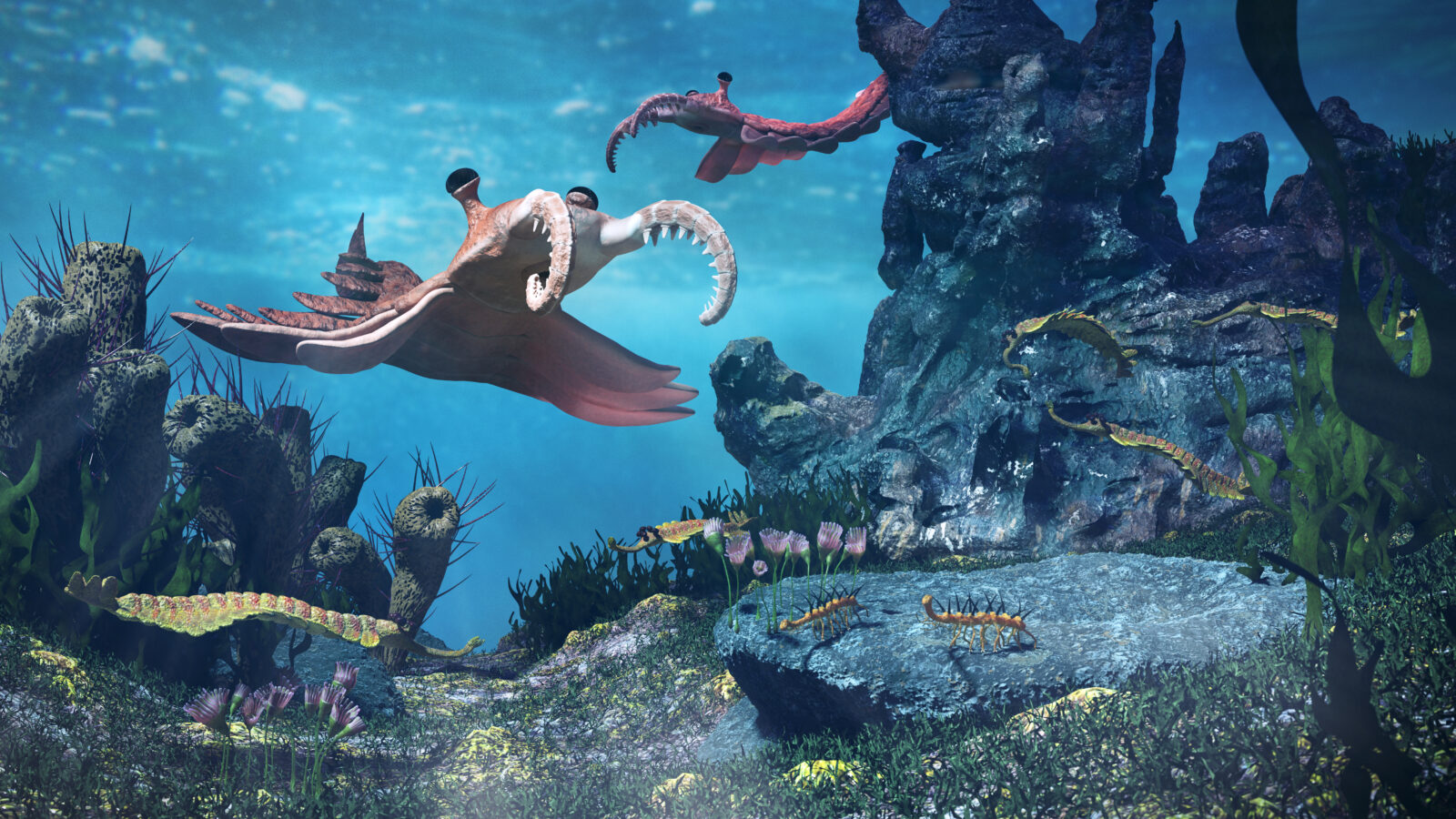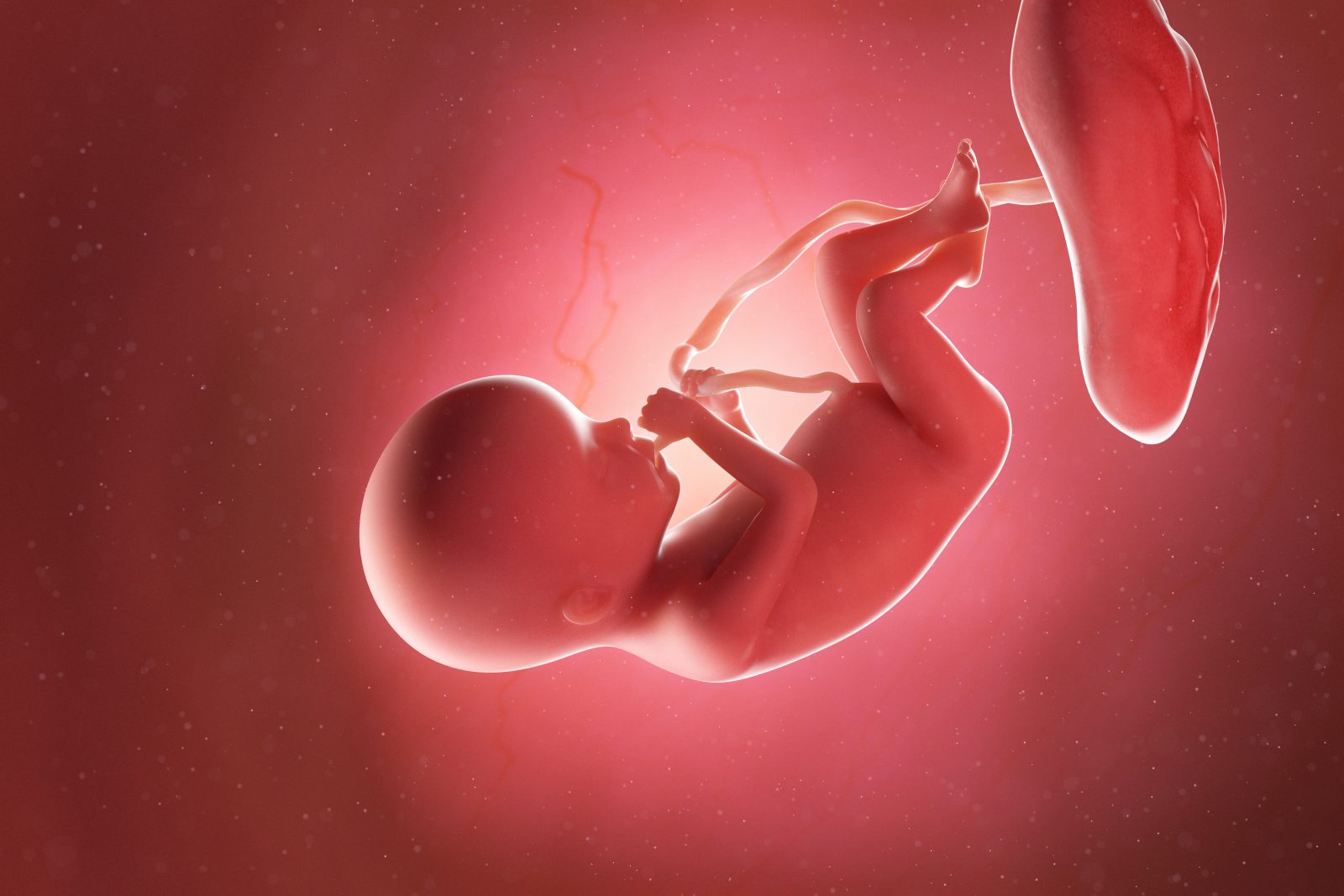


Why Intelligent Design Best Explains the Fossil Record Data

Your Designed Body: “Irreducible Complexity on Steroids”
On today’s ID the Future, Your Designed Body co-author and physician Howard Glicksman talks with host and neurosurgery professor Michael Egnor about Glicksman’s new book, co-authored with systems engineer Steve Laufmann. Glicksman walks through a series of systems in the human body that are each irreducibly complex, and are each part of larger coherent interdependent systems. As Glicksman puts it, the human body is “irreducible complexity on steroids.” How could blind evolutionary processes, such as neo-Darwinism’s joint mechanism of natural selection working on random genetic mutations, build this bio-engineering marvel? Your Designed Body makes the case that it couldn’t. It’s not even close. What is required instead is foresight, planning, and engineering genius.

David Galloway: The Fetal Circulatory System is Irreducibly Complex
On today’s ID the Future, distinguished British physician and author David Galloway explains why he’s convinced that the human fetal circulatory system is irreducibly complex and therefore beyond the reach of blind gradualistic evolution to have built. In his conversation with host and fellow physician Geoffrey Simmons, Galloway also mentions some molecular machines that he’s convinced are irreducibly complex and shout intelligent design. The occasion for the conversation is Galloway’s new book, Design Dissected.

Author Neil Thomas Takes Leave of Darwin, Pt. 2
On this ID the Future, Taking Leave of Darwin author Neil Thomas and host Jonathan Witt continue their conversation about Thomas’s journey from Darwinian materialism to theistic humanism and a thorough skepticism of Darwinian theory. Here Thomas links the heroic posturing of modern atheists Richard Dawkins and Bertrand Russell, on the one hand, and on the other, the heroic fatalism of poetry stretching back to the early Middle Ages and, further still, to the ancient Greeks. Thomas also draws a link between the animistic thinking of much ancient pagan thought and the magical powers attributed to the Darwinian mechanism. Thomas explains why he now views the latter as essentially “crypto-animism.” In their wide-ranging conversation, Thomas and Witt also touch on contradictions in Darwin’s treatment of natural selection, the tug-of-war between the paleontologists and the geneticists in the evolutionist community (and how their battle points to a conclusion neither side appears willing to consider), and insights proffered by figures as diverse as British philosopher Antony Flew and celebrated American novelist John Updike. Thomas’s new book is available for purchase here.

New Douglas Axe Intelligent Design Course: A Sneak Peek
Today’s ID the Future offers a 20-minute sneak peek at a new online course: Douglas Axe Investigates Molecular Biology and Intelligent Design. In this podcast excerpt from the course, Dr. Axe explains why Darwinism’s idea of evolution through a series of small stepping stone mutations meets several serious problems, why the need for cleverness is inescapable for creating clever things, and how his published work in the Journal of Molecular Biology shows that the Darwinian mechanism is helpless to construct new functional protein folds, never mind whole new organisms. In the full course, he investigates proteins and how they work, the genetic code, gene recruitment, population genetics, natural selection, and much more. Along the way, he explains why natural selection cannot explain the arrival of the fittest; what Twitter can teach us about evolution; and what paper airplanes have to do with Darwin. Find the complete video course here. And through April 30, 2021, you can get 30% off by using the discount code podcastspecial.

Botany Journal Revisits Darwin’s “Abominable Mystery”
On today’s ID the Future, German paleontologist Günter Bechly unpacks what Charles Darwin referred to as an “abominable mystery,” the sudden appearance in the fossil record of a certain group of flowering plants. It was a mystery to Darwin because according to his theory, there should have been a long succession of precursors gradually evolving toward the flowering plants of the Cretaceous. Bechly and host Eric Anderson focus their conversation around a recent paper by Richard Buggs in the American Journal of Botany showing that the problem for evolutionary theory has actually grown more acute since Darwin’s time. What about a recent article claiming to have found evidence of flowering plants in the Jurassic? Bechly says that the “evidence” amounts to the authors theorizing that there must have been a common ancestor long before the Cretaceous. The fossil evidence for any such Jurassic plants remains absent. In other words, they posited ghost lineages based on what is required by modern evolutionary theory, specifically an assumption of common descent and Neo-Darwinism mechanism of gradual, unguided evolutionary change. Anderson and Bechly wrap up their conversation by considering the implications of all this for the evolution/intelligent design debate.

Robert Waltzer on Evolutionary Theory’s Room for Humility
On this episode of ID the Future, biologist and professor Robert Waltzer talks with host Andrew McDiarmid about Waltzer’s chapter in the new Discovery Institute Press volume Evolution and Intelligent Design in a Nutshell. Waltzer’s chapter covers some key terms in the evolution/ID conversation that are often misunderstood or misused. These include the word “evolution” itself, “change over time,” “common descent,” and “natural selection.” He offers quick definitions and explains some of the confusion surrounding them. Waltzer also describes an encouraging success story of his about fostering open dialogue and exploration of the evidence for design in nature.

Günter Bechly: Still More Evidence Against Darwinian Gradualism
On this episode of ID the Future, paleontologist Günter Bechly speaks again with host Andrew McDiarmid about the growing case against Darwinian gradualism. Bechly points out two more cases where fossil discoveries refuted Darwin’s prediction of gradualism in species transitions. In one of the classic showcases for such alleged transitions, between two species of deep-sea protists called foraminifera, more recent research showed their speciation to be abrupt and not an ancestor-descendent sequence. And fossil freshwater snails from Germany, once viewed as another textbook example of gradual speciation, were discovered not to be separate species at all. Is there a paradigm change coming in evolutionary studies? Nothing fits the data better than intelligent design.

Günter Bechly Says Goodbye to Darwinian Gradualism
On this episode of ID the Future, paleontologist Günter Bechly and host Andrew McDiarmid discuss Bechly’s article “Ape-Man Waves Goodbye to Darwinian Gradualism.” Bechly touches on the oldest australopithecine fossil skull ever found, from 3.8 million years ago. The researchers behind the find are confident of its age but puzzled because the discovery undercuts one of the best examples of alleged gradual transition between two hominid species, and it also doesn’t fit well with common theories of phylogenetic relationship. The evidence poses a significant problem for the Darwinian mechanistic paradigm, but can be readily explained with an intelligent design approach.